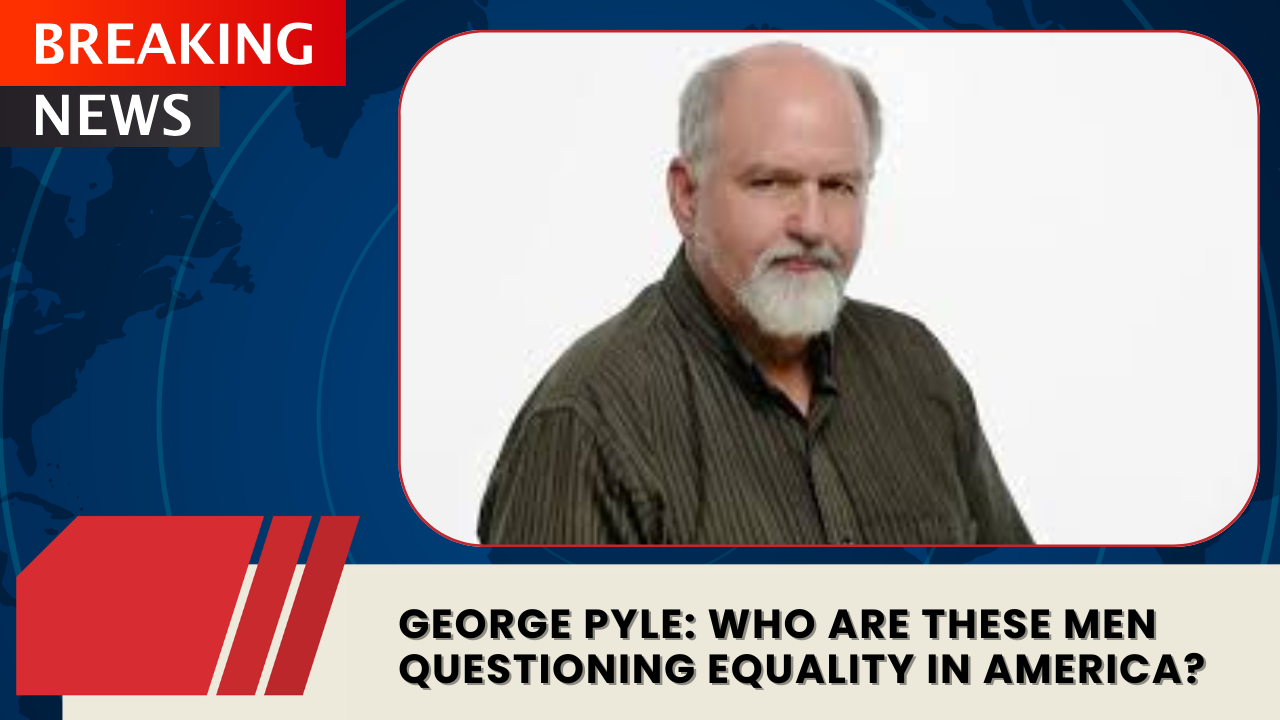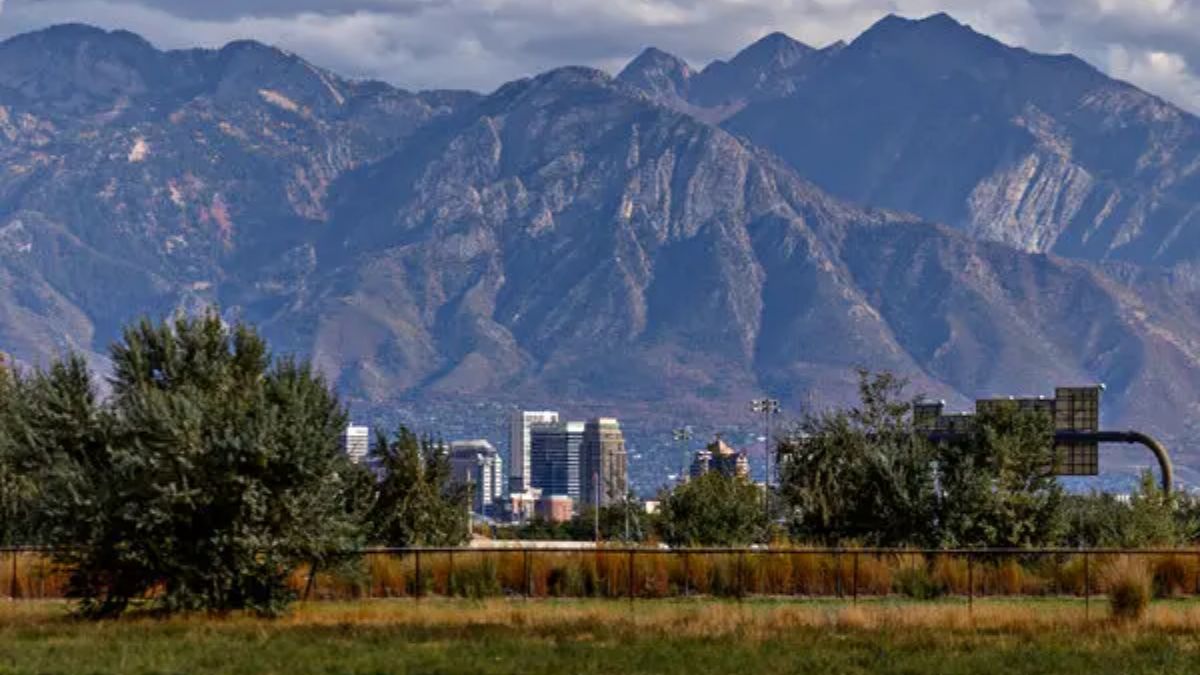When Utah lawmakers recently grilled a university trustee nominee for using words like equity and inclusion, it exposed a deeper misunderstanding about what equality truly means — and how long America has wrestled with it.
Opinion editor George Pyle opens his column by invoking voices from history: Jefferson, Lincoln, Pericles, and even the framers of the 14th Amendment — each championing the radical idea that all people are created equal. Pyle then contrasts these foundational ideals with the Utah Senate Education Confirmation Committee’s rejection of Maria Garciaz, a nominee for the University of Utah Board of Trustees, who was denied recommendation solely for supporting inclusion efforts on campus.
Despite serving one full term and being renominated by Governor Spencer Cox, Garciaz’s reappointment was blocked after lawmakers, including Senators Mike McKell and Chris Wilson, mocked her repeated use of the words “equity” and “inclusion.” The committee’s behavior, Pyle argues, resembled “snickering 14-year-old boys circling dirty words in a book,” completely missing the larger meaning behind them.
The column sharply criticizes Utah’s ban on Diversity, Equity, and Inclusion (DEI) programs across state education systems — a law that Pyle says misrepresents the purpose of public education itself: to include as many people as possible in America’s promise of opportunity.
Pyle concedes that equal outcomes can, in theory, be pursued without invoking race or gender, through policies that help first-generation and low-income students. But he argues that hostility toward DEI, affirmative action, and similar programs has become a modern expression of systemic inequality — “white supremacy without the hoods or burning crosses.”
In a personal reflection, Pyle acknowledges that he owes his own education to a scholarship for physically disabled students — proof, he suggests, that equity-based opportunities can change lives.



